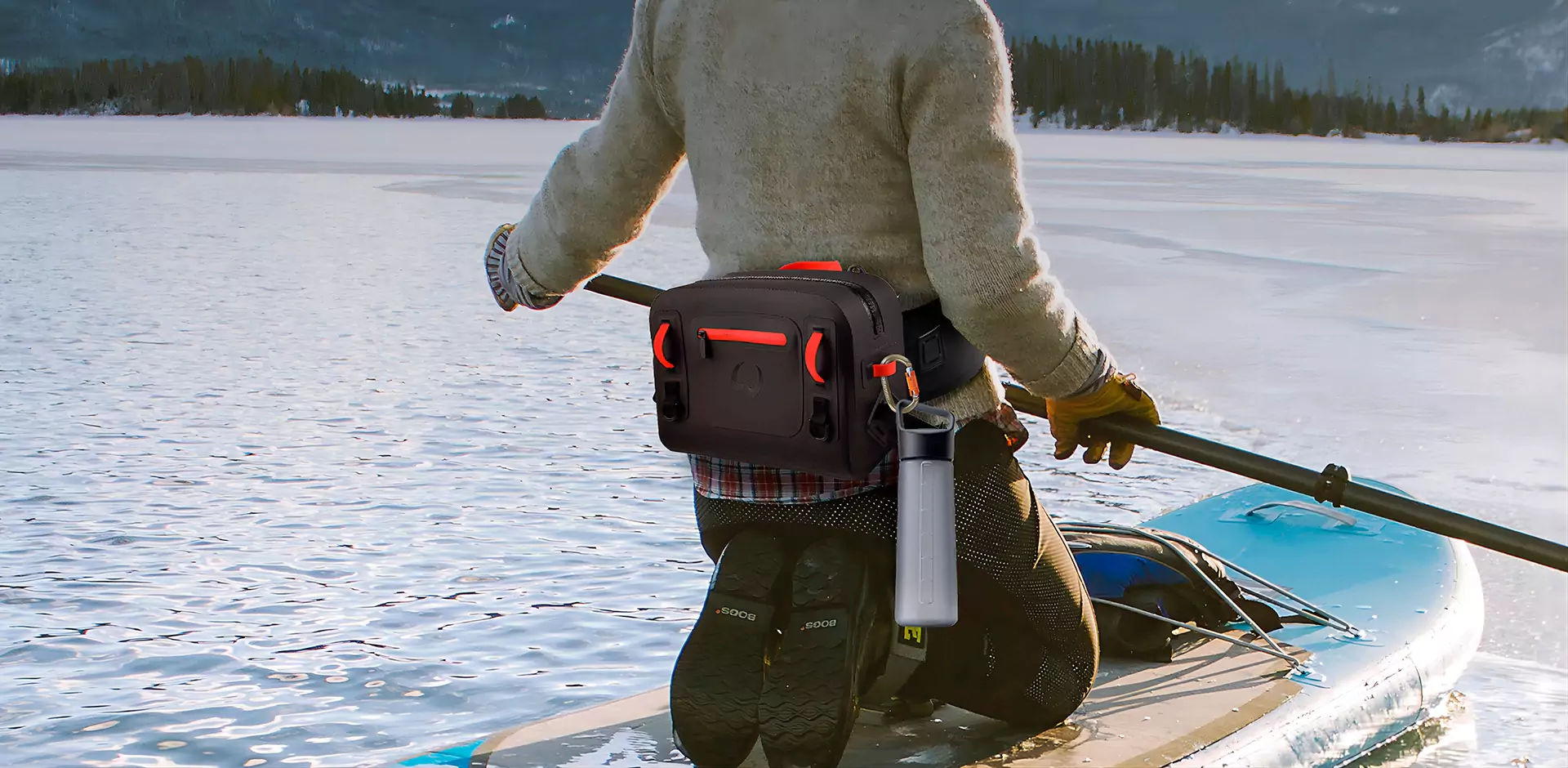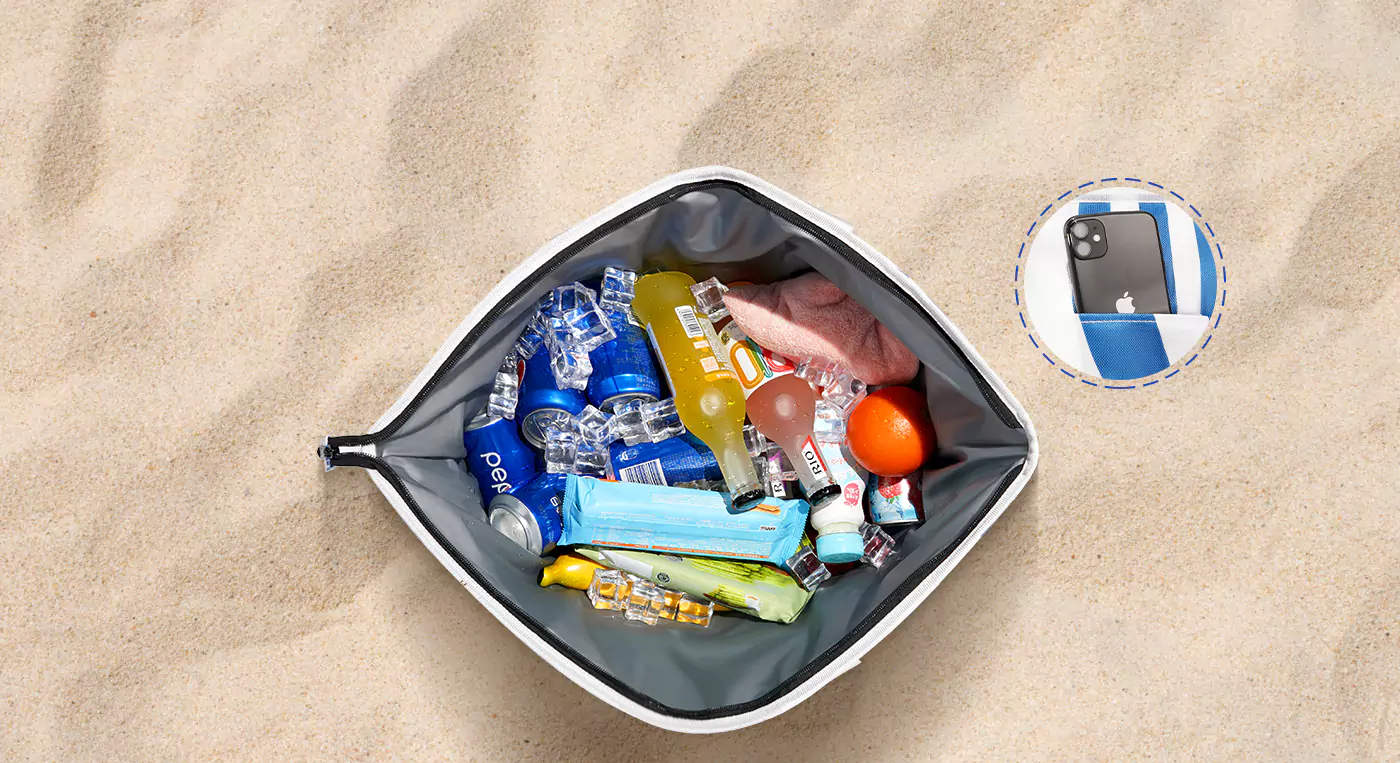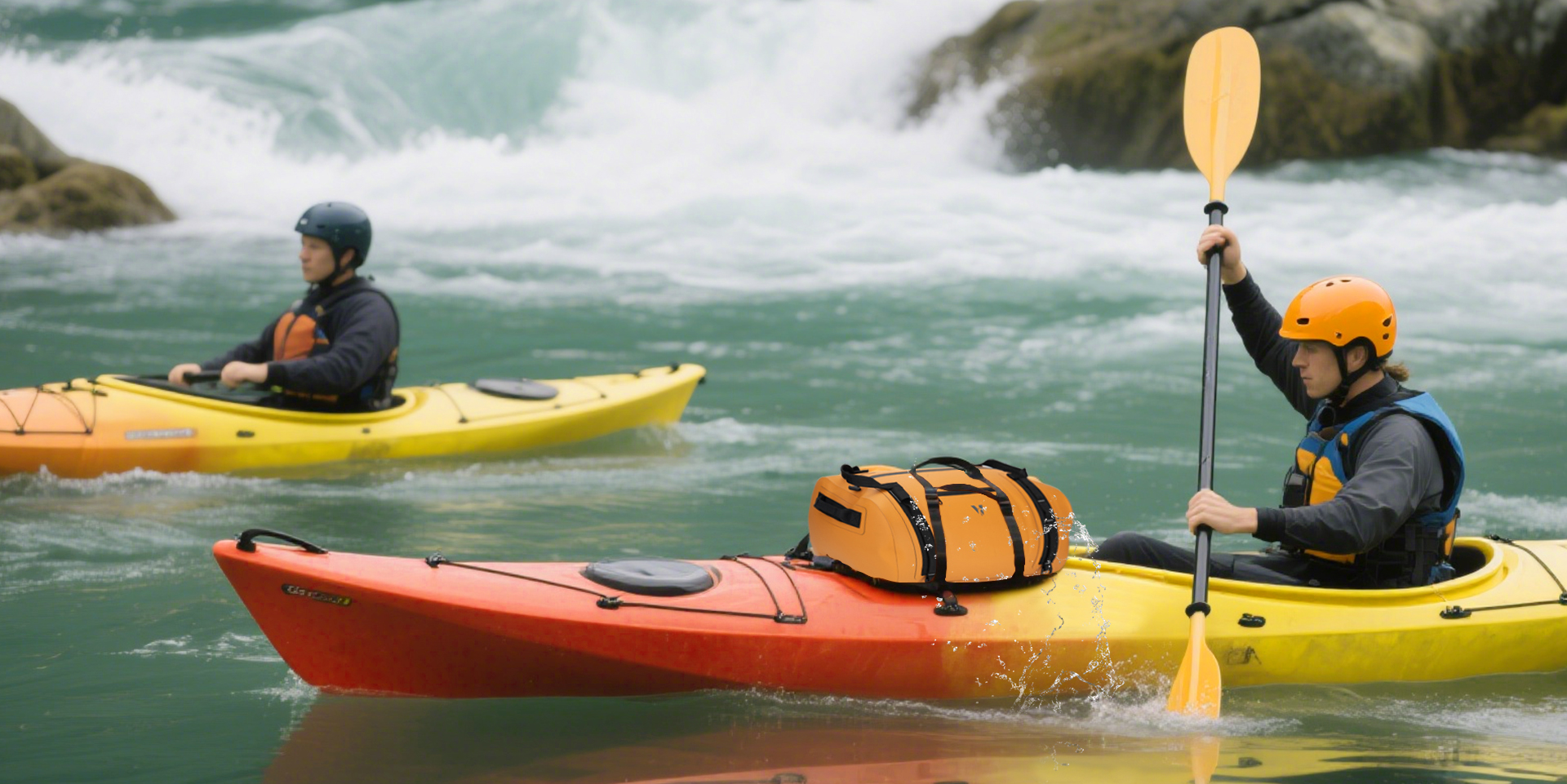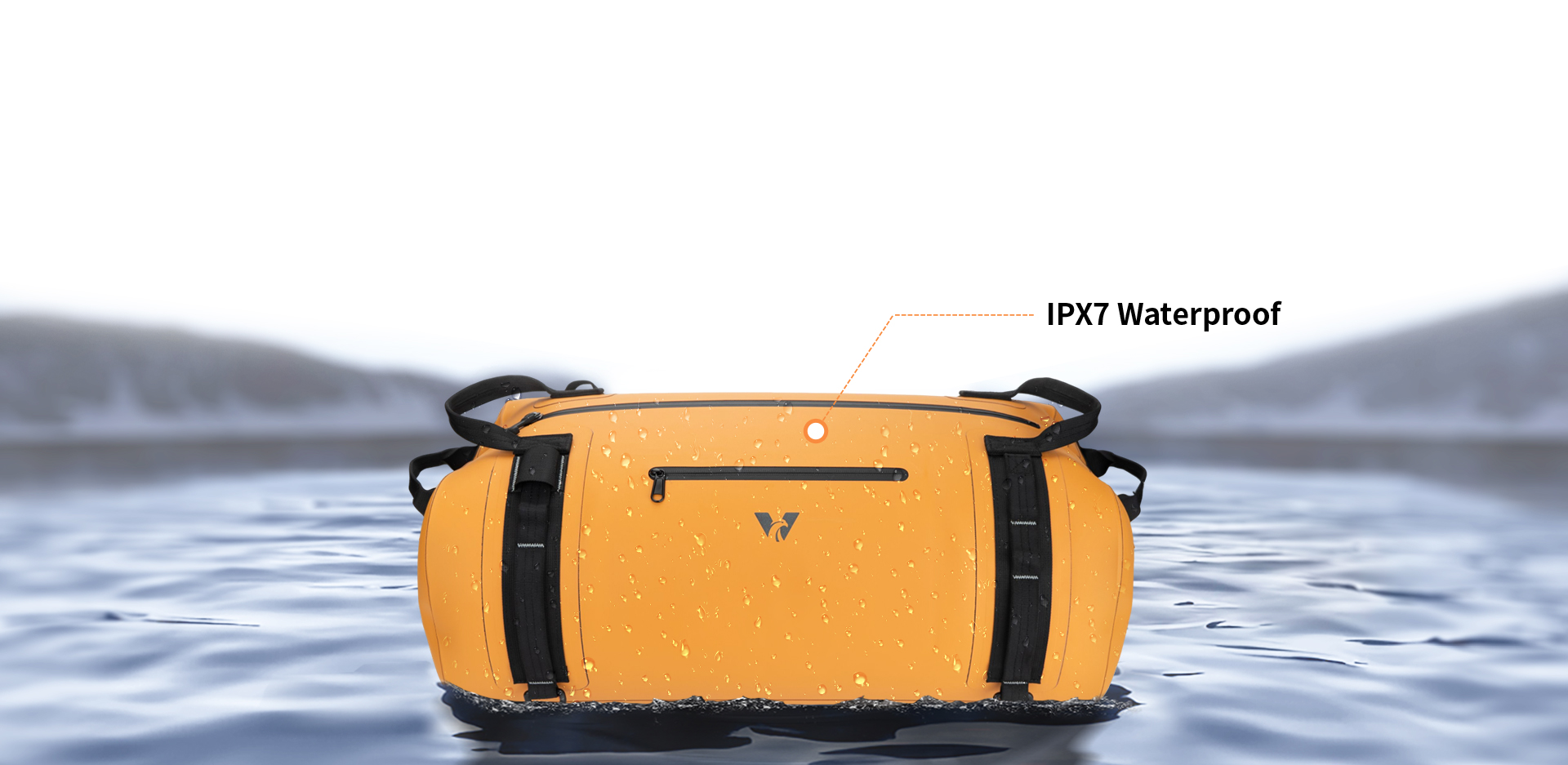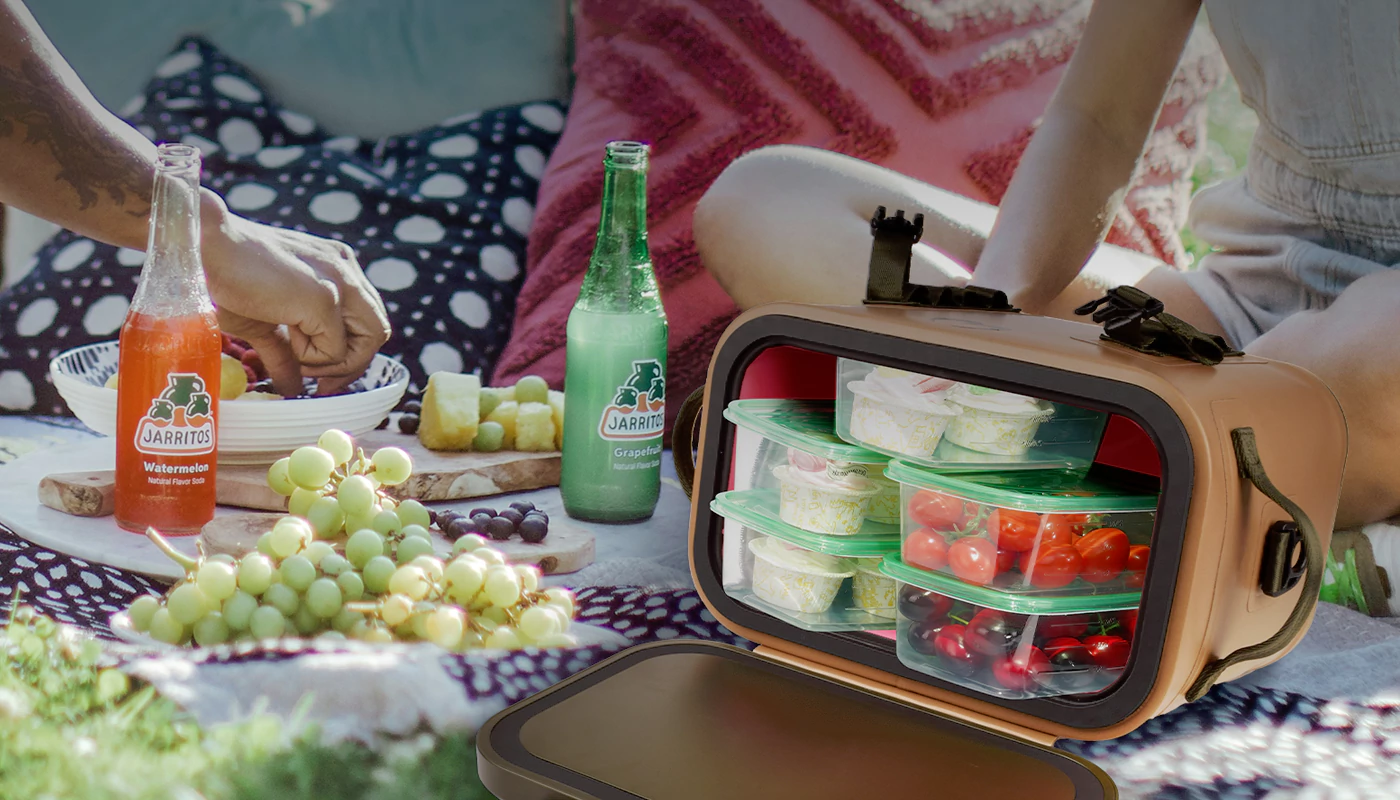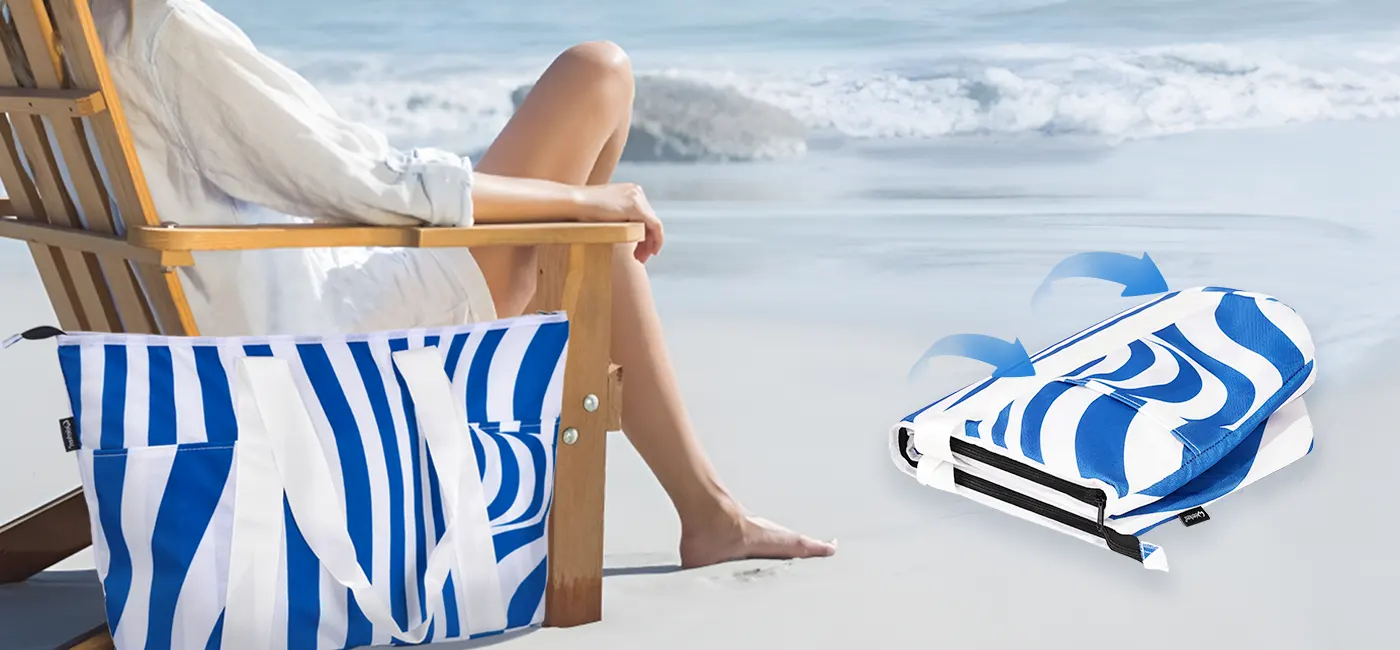Navigating the world of manufacturing can feel like charting unknown waters, especially when your brand’s reputation hinges on the quality and reliability of a functional product like a custom IPX7 waterproof bag. For B2B buyers, brand owners, and trading partners, the selection of a manufacturing partner is a critical decision that goes far beyond just unit cost. It’s about finding a supplier who understands your vision, adheres to stringent quality standards, and can deliver a product that your end-users will trust. A systematic, multi-faceted evaluation is not just recommended; it’s essential.
This checklist is designed from an industry insider’s perspective, providing a structured approach to vetting potential suppliers. As we explore these key areas, we’ll occasionally highlight how a manufacturer like Weierken aligns with these critical benchmarks, offering a practical reference point for your sourcing journey.
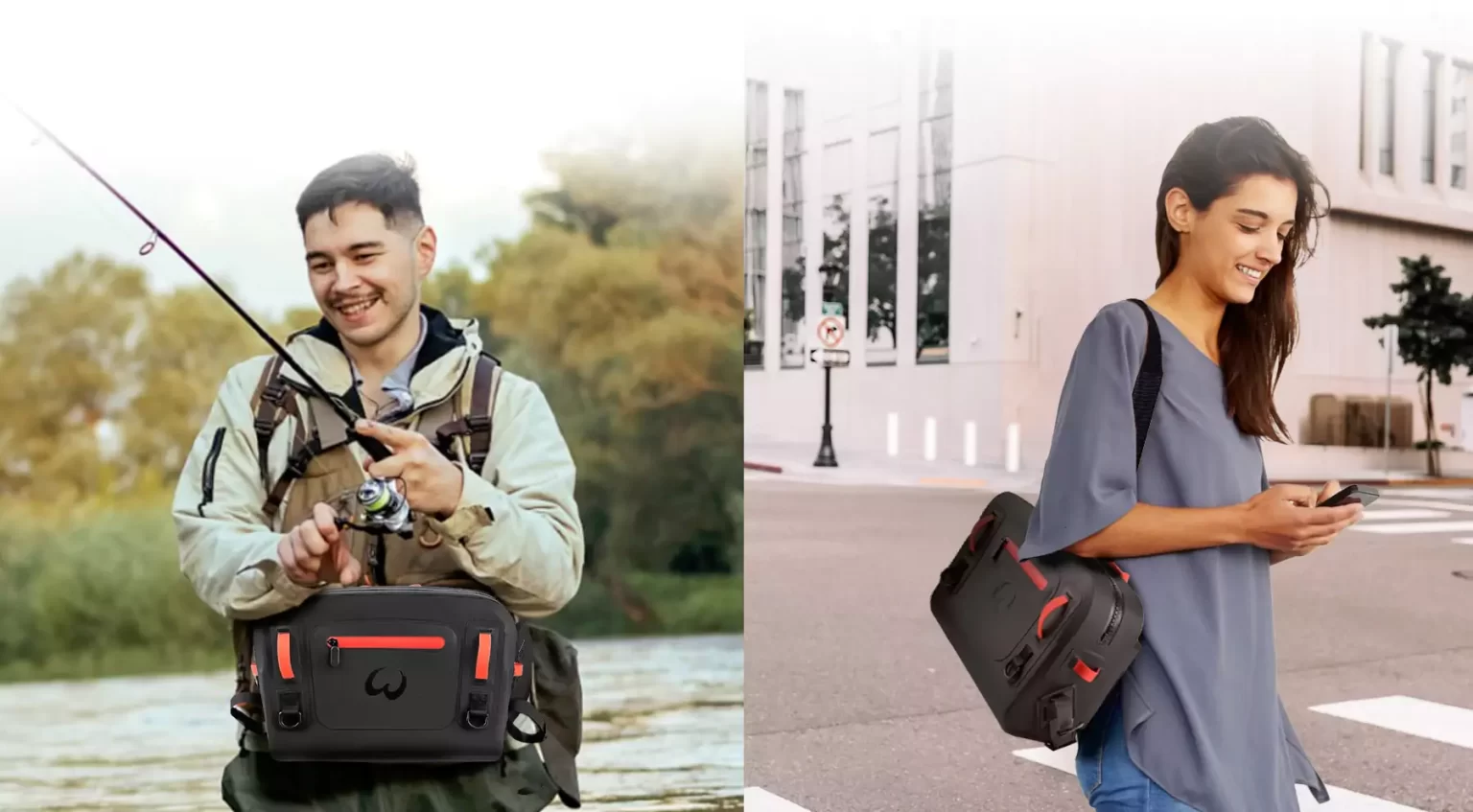
Decoding Product Standards and Technical Specifications
Before you even begin comparing manufacturers, you must have a firm grasp on what you’re actually buying. The term “waterproof” is often used loosely, but in the B2B space, precision is everything.
What Does IPX7 Really Mean?
The IPX7 rating is a specific standard defined by the International Electrotechnical Commission (IEC). The ‘X’ signifies no rating for dust resistance, while the ‘7’ is the crucial part for water protection. A product with an IPX7 certification for custom waterproof bags means it can be submerged in up to 1 meter of water for 30 minutes without any water ingress. For manufacturers, this isn’t a claim but a verifiable test result. Reputable suppliers will have independent lab reports proving their bags meet this standard. When a supplier like Weierken states their bags are IPX7, it’s backed by rigorous in-house and third-party testing protocols, ensuring your custom dry bag will perform as advertised in real-world conditions.
Material Selection: TPU, PVC, and Nylon
The choice of material directly impacts the bag’s durability, flexibility, clarity, and environmental footprint.
- PVC (Polyvinyl Chloride): Historically common, PVC is cost-effective and offers good waterproofing. However, it can be stiff in colder temperatures, is heavier, and contains chlorides, raising environmental concerns. Its durability is generally lower than TPU.
- TPU (Thermoplastic Polyurethane): This is often the preferred material for high-quality custom IPX7 waterproof bags. TPU is exceptionally durable, highly flexible, resistant to abrasion, cold, and UV light. It is also more environmentally friendly as it is non-toxic and can be recycled. Bags made from TPU, like many in Weierken‘s lineup, typically offer superior clarity, allowing users to see the contents inside without opening the seal.
- Nylon Tarpaulin: Often used as a base fabric coated with PVC or TPU, nylon provides excellent tensile strength and tear resistance. The key is the quality and thickness of the polymer coating that provides the actual waterproof barrier.
Sealing Technology: The Heart of Waterproofing
The best material is worthless without a perfect seal. The sealing工艺 is where manufacturing expertise truly shines.
- High-Frequency Welding: This is the industry gold standard for creating robust, seamless seals. It uses a high-frequency electromagnetic field to fuse the material layers together, creating a bond that is as strong as the material itself. This method is highly reliable for producing durable custom waterproof bags that can withstand pressure and repeated use.
- Ultrasonic Sealing: This technique uses high-frequency sound waves to create friction and heat, bonding the materials. It’s a precise method but may be more suitable for specific applications or thinner materials. For a robust IPX7 rated dry bag, high-frequency welding is often the more trusted and durable option.
A Deep Dive into Supplier Capability Assessment
A supplier’s ability to produce a single good sample is one thing; their capacity to deliver 10,000 consistent, high-quality units on time is another.
Certifications and Compliance
Look beyond the sales pitch to the hard evidence of professional management. Key certifications include:
- ISO 9001: Demonstrates a certified Quality Management System (QMS), ensuring consistent operations and continuous improvement.
- BSCI (Business Social Compliance Initiative): Indicates a commitment to ethical and socially responsible manufacturing practices, which is increasingly important for global brands.
- Product-specific Test Reports: Insist on seeing the actual IPX7 test reports, as well as any material safety data sheets (MSDS).
Capacity and Lead Times
Discuss production capacity in detail. Can they handle your peak season order volume? What is their standard lead time for a bulk order of custom IPX7 waterproof bags? Flexibility is key; a good supplier should be able to accommodate both large seasonal runs and smaller, flexible orders for testing new markets without excessive premiums.
End-to-End Quality Control
Quality isn’t inspected into a product; it’s built into every step. Inquire about the supplier’s QC process. It should be a comprehensive system covering:
- Incoming Material Inspection: Verifying the quality of raw TPU/PVC rolls, zippers, and buckles upon arrival.
- In-Process Quality Control (IPQC): Regular checks during cutting, welding, and assembly to catch defects early.
- Final Random Inspection (FRI): A statistical sampling of finished goods before shipment, often following an AQL (Acceptable Quality Level) standard. A transparent QC process is a hallmark of a reliable partner.
Evaluating Customization and Service Support
The “custom” in custom IPX7 waterproof bag is where your brand identity comes to life.
Design and Development Support
Can the supplier work from your tech pack? Do they have an in-house design team to help refine your concept? Support for artwork, size adjustments, and structural modifications (like adding extra pockets or a specific valve) is a significant value-add. A manufacturer with strong R&D capability can often suggest improvements that enhance functionality or reduce cost.
The Sample Process
The sample stage is your most important risk mitigation step. Clarify:
- Sample Lead Time: How long to get a physical prototype?
- Modification Process: How do they handle feedback and revisions?
- Costs: Are sample fees waived against a future bulk order? A clear and efficient sampling process, as practiced by established suppliers, is indicative of a smooth production journey ahead.
Branding Options
A true custom waterproof bag allows for full brand expression. Explore the available options:
- LOGO Printing/Silkscreening: The most common method for applying your logo.
- Packaging: Custom boxes, poly bags, or hang tags.
- Accessories: Options for customizing webbing, buckles, or even including branded carabiners.
Navigating the Partnership: Communication and Logistics
The smoothest projects are built on transparent communication and efficient processes.
Transparent Quotation
Be wary of overly simplified quotes. A professional breakdown should itemize:
- Mold/Tooling Cost (if applicable for a unique shape or valve)
- Material Cost (specifying the type and thickness of TPU/PVC)
- Printing/Labor Cost
- Packaging Cost
This transparency allows for accurate cost analysis and identifies areas for potential savings.
Project Management and Communication
Is there a dedicated project manager for your account? Responsiveness is critical. Test their communication during the inquiry phase. Delayed responses or unclear answers can be a red flag for future collaboration challenges.
After-Sales Service
Discuss the protocol for handling quality issues. What is the process for filing a claim? Will they support you with documentation for insurance purposes? A supplier invested in a long-term B2B partnership will have a clear and fair after-sales policy.
Expanding Horizons: Industry Applications
The versatility of the custom IPX7 dry bag extends far beyond the obvious.
- Outdoor Sports & Water Activities: The classic use-case for kayaking, boating, beach trips, and hiking.
- Electronics Protection: Safeguarding phones, power banks, cameras, and drones from rain, splashes, and sand.
- Medical & Healthcare: Protecting sensitive medical supplies, documents, and equipment from moisture during transport or in the field.
- Promotional & Corporate Gifts: Highly functional and appreciated items that offer extensive branding space, making for excellent custom promotional waterproof bags.
- Military & Tactical: For protecting essential gear in harsh, wet environments.
Selecting the right manufacturer for your custom IPX7 waterproof bag is a strategic investment. By meticulously working through this checklist—from technical specs to partnership ethos—you can confidently identify a supplier who is not just a vendor, but a true extension of your team, capable of delivering a product that protects your customers’ gear and, by extension, your brand’s good name.
H2: Frequently Asked Questions (FAQs)
Q1: What is the minimum order quantity (MOQ) for a custom IPX7 waterproof bag?
A1: The MOQ for custom IPX7 waterproof bags varies significantly by manufacturer. It depends on the complexity of the design, customization level, and materials. Some suppliers may offer MOQs as low as 500 pieces for standard designs, while highly complex customizations might require 3,000 units or more. It’s always best to discuss your specific project requirements directly with the supplier.
Q2: Can you create a completely bespoke design, not just print a logo on an existing bag?
A2: Yes, a capable manufacturer specializes in true customization. This means you can customize the size, shape, number of compartments, type of valve, strap style, and of course, the color and logo printing. A true bespoke waterproof bag is developed from your specifications or a collaborative design process with the manufacturer’s engineering team.
Q3: How long does the entire process take, from initial quote to final delivery?
A3: The timeline for producing custom IPX7 waterproof bags typically spans 4-8 weeks for a new order. This includes approximately 1-2 weeks for sampling and confirmation, followed by 3-6 weeks for mass production and shipping. This timeline can be affected by order quantity, design complexity, and seasonal production peaks.
Q4: Are the materials used in these waterproof bags environmentally friendly?
A4: This is an increasingly important question. Many manufacturers now offer more sustainable options. TPU, for instance, is a non-toxic and recyclable material, making it a more eco-friendly choice compared to PVC. When sourcing, you can specifically inquire about eco-friendly custom dry bags made from materials like TPU or those incorporating recycled content.
Q5: What is the typical warranty or guarantee on your custom waterproof bags?
A5: Warranties are generally provided by the brand (you) to your end-users, based on your policy. However, a reputable manufacturer will stand behind their workmanship and materials. They should offer a clear policy for handling manufacturing defects found in the bulk order of custom waterproof bags, such as agreeing to replace defective units or providing a credit. The specific terms should be clarified and included in your purchase agreement.
